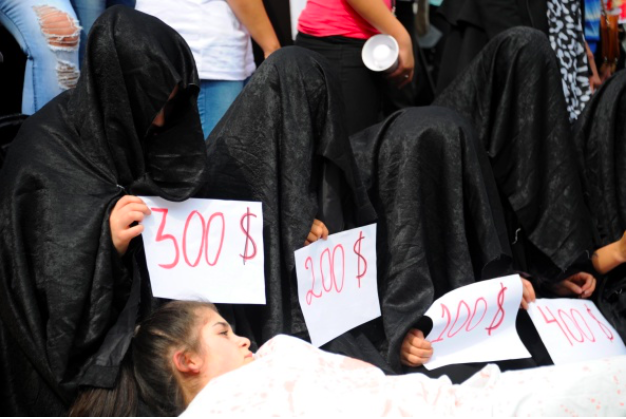Sex without consent – How is it looked at through the lens of scriptures


The above is inspired by a talk from Ali A Rizvi, an ex Muslim Atheist.
DISCLAIMER: The author is solely responsible for the views expressed in this article. The author carries the responsibility for citing and/or licensing of images utilized within the text.
